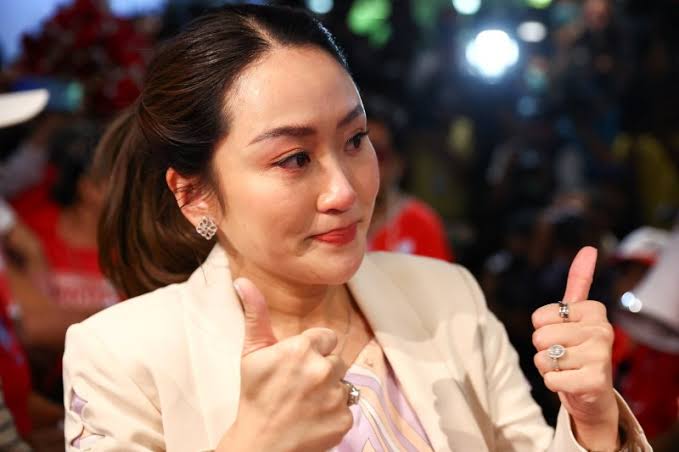Bangkok, September 01, 2024, The Europe Today: The government led by Prime Minister Paetongtarn Shinawatra is expected to remain in power until the end of its tenure, with around three years left, as none of the coalition parties appear prepared for an early general election, according to former Prime Minister Abhisit Vejjajiva.
Mr. Abhisit noted that these parties are still working to prove their worth to voters in hopes of being re-elected. However, he pointed out a significant vulnerability in the coalition: the declining public faith in the Pheu Thai Party-led government, which could deteriorate further if negative developments, such as misconduct, arise. Such issues could potentially escalate into a full-blown crisis, the former Democrat Party leader warned.
When asked about the possibility of Prime Minister Paetongtarn being ousted in a military coup, as happened to her father, Thaksin, and her aunt, Yingluck, Mr. Abhisit stated that while being the third prime minister from the Shinawatra family does not in itself justify a coup, her leadership of the government could. “None of us wants to see that problem [of a government being ousted in a coup] again,” he said. “So, if this government could resolve the country’s problems in a morally right way, all sides should be happy.”
Despite being a long-time rival of the Pheu Thai Party, Mr. Abhisit acknowledged that the party has had certain successes, which should have been central to its policies and future development. “It’s a shame that [Pheu Thai members] failed to build on their previous achievements so as to drive their party forward,” he remarked. He also noted the persistent influence of the Shinawatra family over the party, which, while boosting confidence among some, could lead to a repetition of past mistakes.
Independent academic Thawisan Lonanurak, former secretary-general of the Northeast Chamber of Commerce, highlighted challenges faced by Prime Minister Paetongtarn as the country’s 31st prime minister. He mentioned that the scrutiny of the 36 new cabinet ministers might take longer than anticipated, and if any minister is later found ineligible, it could jeopardize the new PM’s position.
The recent removal of former Prime Minister Srettha Thavisin following a Constitutional Court ruling for appointing an ex-convict as a minister serves as a cautionary tale, according to Mr. Thawisan. He also expressed concern about the overall quality of the new cabinet, noting that appointments were made based on party quotas rather than merit, leading to mismatches in ministerial roles.
Mr. Thawisan also criticized the weakening of party institutions due to internal factions ignoring party resolutions to secure cabinet positions. This could lead to further fragmentation within parties and undermine their strength as institutions, he said.
Stithorn Thananithichot, Director of the Office of Innovation for Democracy at King Prajadhipok’s Institute, stated that the new government’s performance will be the key determinant of whether the coalition can complete its term and Pheu Thai’s chances in the next national election. He warned that if the country’s economy does not improve by the end of the year, the government could face a premature end.
He also noted that although General Prawit Wongsuwon, the disgruntled leader of the Palang Pracharath Party, currently poses no immediate threat to the government after being excluded from the new coalition, he could still pose challenges if the Paetongtarn administration fails to deliver on its promises.


